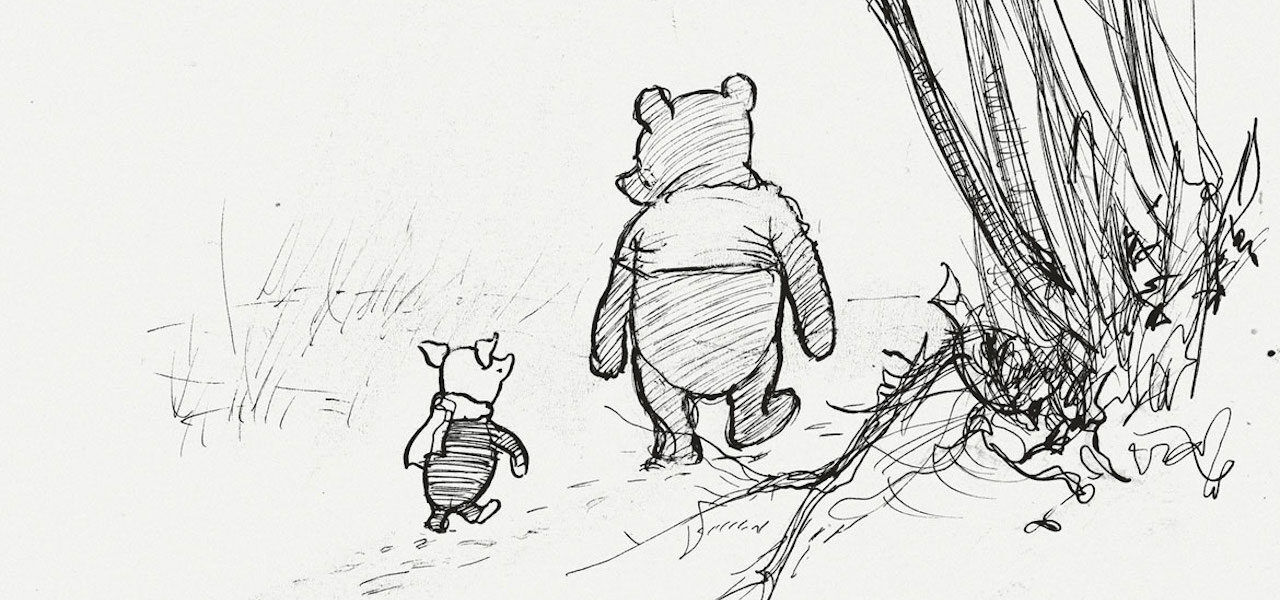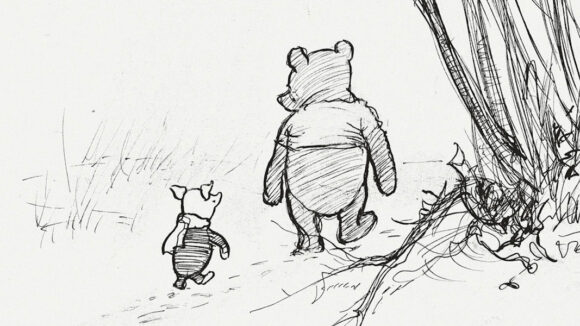

‘Winnie-The-Pooh’ And ‘Bambi’ Have Entered The Public Domain
Think you can do better than Disney’s adaptations of Winnie-the-Pooh and Bambi?
Now’s your chance.
The two novels – Winnie-the-Pooh by A.A. Milne (illustrated by E.H. Shepard) and Felix Salten’s Bambi, A Life in the Woods – are just a couple of the multitude of creative works to have entered the U.S. public domain on January 1. This year sees a wave of books, films, sound recordings, and compositions from 1926 (and before) become freely available to copy and adapt.
It’s important to distinguish here that Disney’s (and other) adaptations stay under copyright, as do other books by the authors. Any adaptations, remixes, or extensions of these stories must be based on the original 1926 works. Also, Winnie-the-Pooh’s pal Tigger first appeared in a book in 1928, so will remain copyrighted for another two years.
Additions to the public domain, which happen on the first day of each year, are a big deal for all creative people, as this adds to the pool of characters, stories, and ideas they can build on in their own work. For example, F. Scott Fitzgerald’s The Great Gatsby became copyright-free last year. Hey presto: an animated feature adaptation is on the way.
Disney itself has drunk heavily from this pool, basing many iconic films on public-domain works like Alice in Wonderland, “Cinderella,” The Jungle Book, “The Little Mermaid,” “Beauty and the Beast,” and “The Snow Queen” (reimagined as Frozen). Ironically, the company has heavily — and successfully — lobbied to extend copyright terms in the U.S., which now last 95 years.
In addition to literary works, hundreds of films are also entering the public domain, such as F. W. Murnau’s Faust, whose imagery inspired the “Night on Bald Mountain” sequence of Disney’s Fantasia:
Robert J. Flaherty’s quasi-documentary Moana filmed in Samoa:
Buster Keaton’s silent comedy classic Battling Butler:
Another important addition this year is a library of an estimated 400,000 sound recordings, all released prior to 1923. Due to quirks in how the law has developed, this is the first major batch of recordings to enter the public domain in one go. If you’re looking to soundtrack your film, you can start by exploring this trove of old blues, jazz, classical music, comedy skits, and more (listen to highlights here).
To learn more about this year’s cohort of public domain works, read this post by Duke University’s Center for the Study of the Public Domain.
Image at top: illustration by E.H. Shepard for “Winnie-the-Pooh”
